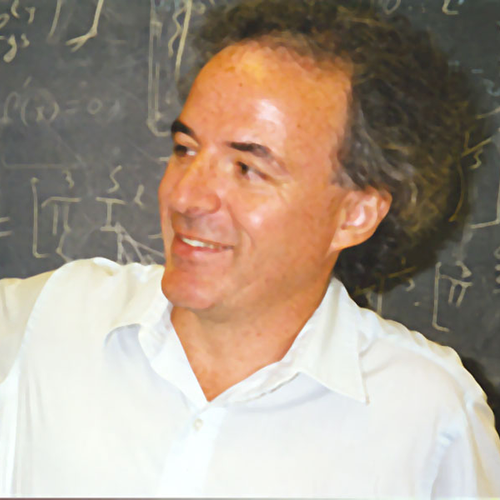
I am a microeconomist with a strong interest in Latin America. I grew up in Uruguay and I am bi-lingual in Spanish and English and I speak Portuguese fluently. My academic degrees include B.S., F.S from Georgetown’s School of Foreign Service and an M.A., Ph.D. in Economics from the University of Maryland. I have over 30 years of hands-on field experience in the region but I have devoted most of my time to academic research.
As a microeconomist, my interest centers on understanding how the complex web of incentives which forms the economic universe people live in affects their behavior. I am especially interested in finding instances where existing policies are having unintended effects that worsen poverty or prolong the transition out of it. All too often parts of this incentive-web, with strong motivational effects, are discovered to have been spun involuntarily as by-products of well-meaning policies that may have altogether unrelated purposes. For instance, a 12-year education curriculum may be divided into 3, 4-year segments instead of 2, 6-year segments, in order to focus on early education. Or primary school coverage may be expanded to include a country’s most isolated rural areas. But my work has shown that splitting an educational system into 3 equal segments can cause poor parents to pull their children out of school after 4 years of schooling instead of after 6. Similarly, my work on the Maya of Guatemala has shown that the expansion of school coverage to “under-served minorities” is the strongest force currently contributing to the disappearance of Mayan as a mother tongue; the school expansion policy may end up extinguishing the very cultures that were to be served by the expansion.
A substantial portion of my work in the region concerns various aspects of the nexus between education and poverty. This includes several papers on delayed school entry and school attainment. I have also worked extensively—both in research and in applied work commissioned by governments in the region—on the impact of school quality on adult wages and labor market performance, on teacher absenteeism, teacher wages, on differentials in public school quality across economic strata, and on the role of formal public education in the extinction of indigenous cultures.
My work also deals with other aspects of the economic environment of the Latin American poor. In two papers with co-author Christian Langpap we explore energy use in the region and its consequences for the poor. Bio-fuels are the major source of energy use for the poor throughout the world and a major contributor to the accumulation of greenhouse gasses and global warming. In Latin America, bio-fuel means firewood and firewood-based charcoal. The rate of deforestation in the region is alarming and well-known. Less well-known is that the major cause of this deforestation is not major commercial cutting for timber, but small-scale harvesting for firewood. This wood fuel is used mainly by the poor, and mostly by the urban poor—not just the rural poor. In one paper, we use Guatemalan data to document the level of firewood use and show that the firewood use problem is quite complex. Firewood is often used by people who have easy access to gas. In fact a high proportion of wood-users also own gas-burning stoves. We therefore go on to examine the cost and effect on wood-use of various policy alternatives—like subsidizing gas, providing credit to purchase a gas stove, or subsidizing gas stoves. In a companion paper that was published several years later, we show that—in addition to its effects on deforestation and global warming ‘“firewood use has very serious detrimental health effects that are concentrated on women and young children.
My current research on the region explores two new aspects of economics for the poor. In one, I am examining domestic service. The story of economic development—with its transition from rural-based agricultural production to urban-based industry and services and sub-theme of rural-urban migration—is mainly a story about men. My current work focuses on the role of domestic service in ushering women through the great economic transformation of society.
The second topic I am currently working on concerns financial exclusion. In a modern economy, the ability to participate in financial markets—by borrowing and investing or by saving—plays a central role in the lives of wealthy people. The poor face interest rates so low on their savings and rates so high if they want to borrow, that their participation in formal financial markets is essentially nil. Ethnic minorities and women may be excluded outright. I am devising a mechanism that will help bridge the financial exclusion gap and self-select the financially excluded at a very low administrative cost.
4